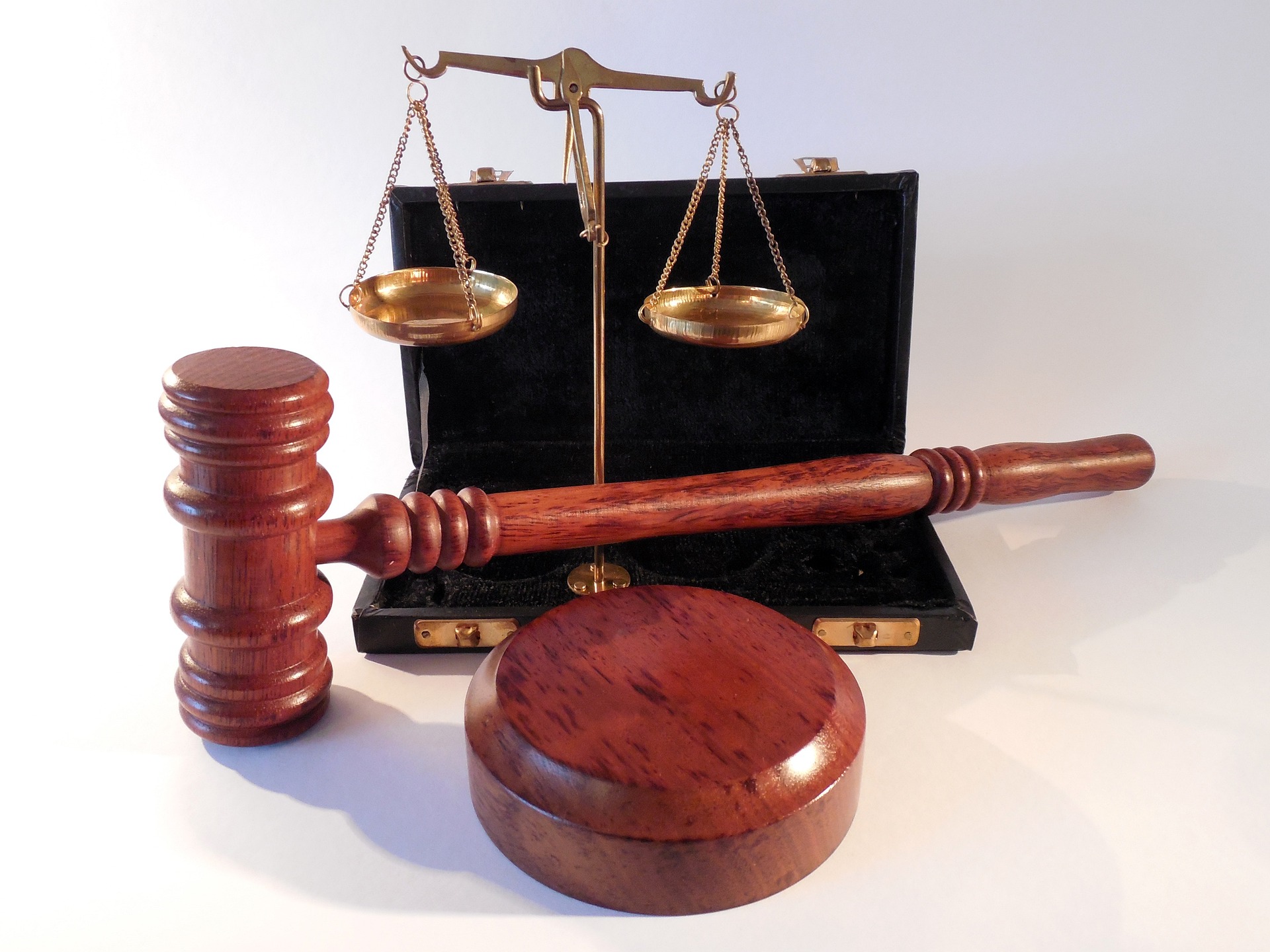A Closer Look at the Legal Implications of Artificial Intelligence
Artificial Intelligence (AI) has significantly altered various sectors, including law and government. The advent of AI presents both opportunities and challenges, necessitating a fresh legal perspective. This article will delve into the historical context, current legal updates, and societal implications of AI.
The Advent of AI: A Historical Overview
Artificial Intelligence, as a concept, has been in existence since the mid-20th century. The term was first coined in 1956 during the Dartmouth Conference, where a group of scientists proposed that “every aspect of learning or any other feature of intelligence can in principle be so precisely described that a machine can be made to simulate it.” Since then, AI has evolved exponentially, permeating multiple industries, including law and government.
Current Legal Updates and AI
Presently, AI’s legal landscape is a patchwork of laws, regulations, and guidelines. There is no comprehensive legal framework governing AI globally. However, some countries and regions have taken steps towards regulation. The European Union, for instance, recently proposed the Artificial Intelligence Act, aiming to regulate AI systems’ use based on their risk levels.
In the United States, there isn’t a specific federal law addressing AI. However, there are ongoing discussions on AI legislation, with several bills presented to Congress. These include the Algorithmic Accountability Act, which would require companies to conduct impact assessments of their high-risk automated decision systems.
The Implications of AI on Society and Law
AI’s societal implications are vast and complex. On one hand, AI can enhance efficiency and accuracy in various sectors. For example, in law enforcement, predictive policing algorithms can help allocate resources more effectively. However, these systems can also reinforce bias, leading to discriminatory practices.
Similarly, AI’s legal implications are also multifaceted. It raises fundamental questions about liability, data protection, and intellectual property rights. For instance, who is legally responsible when an AI system causes harm? This question becomes even more complex when considering autonomous systems like self-driving cars.
Moreover, AI also challenges the traditional notion of intellectual property rights. If an AI system creates a piece of art or writes a novel, who owns the copyright? These are some of the legal conundrums that legislators and legal experts are grappling with.
The Impact of AI on Legal Practice
AI is also transforming legal practice. Legal tech startups are leveraging AI to automate legal research, contract review, and even predict court outcomes. While this can increase efficiency, it also raises ethical and practical questions about the role of lawyers and the potential for job displacement.
The Need for AI-Specific Legislation
AI’s rapid advancement underscores the need for comprehensive, AI-specific legislation. Policymakers must strike a balance between fostering innovation and protecting societal interests. As AI continues to evolve, so must our legal and regulatory frameworks.
In conclusion, AI’s integration into society presents a new frontier in law. Understanding its legal implications is not just a necessity for legal practitioners but also for policymakers, tech companies, and society at large. As we navigate this AI era, we must ensure that our laws and regulations evolve in tandem with technological progress.





